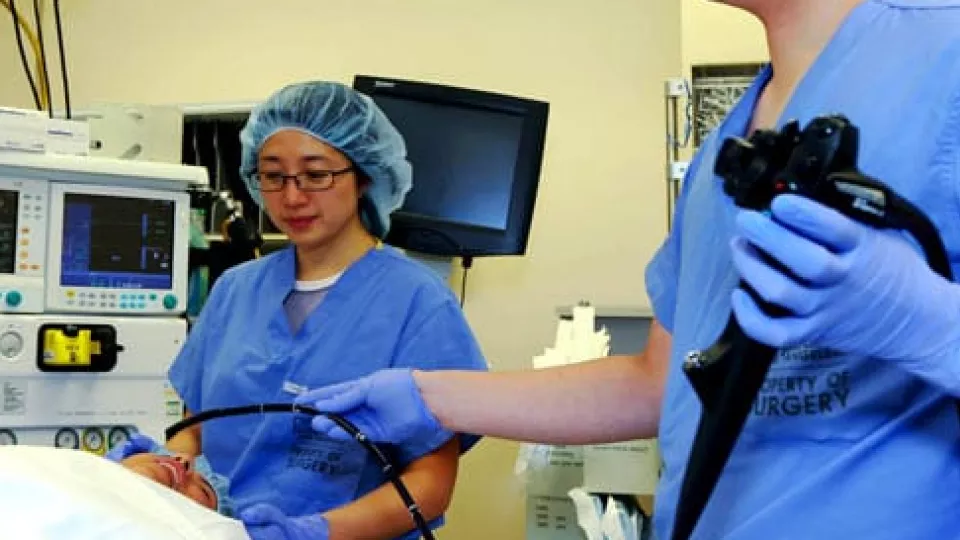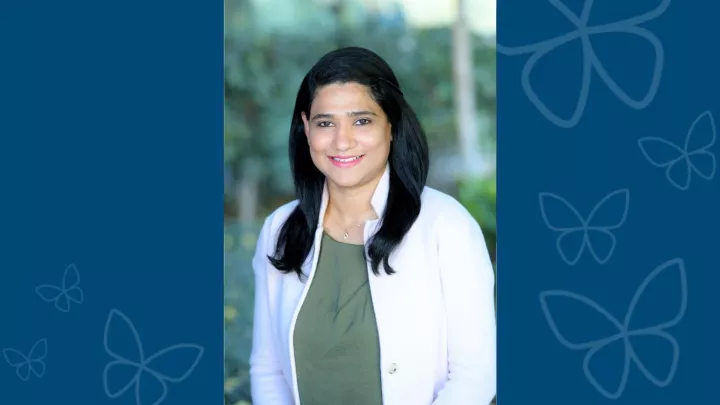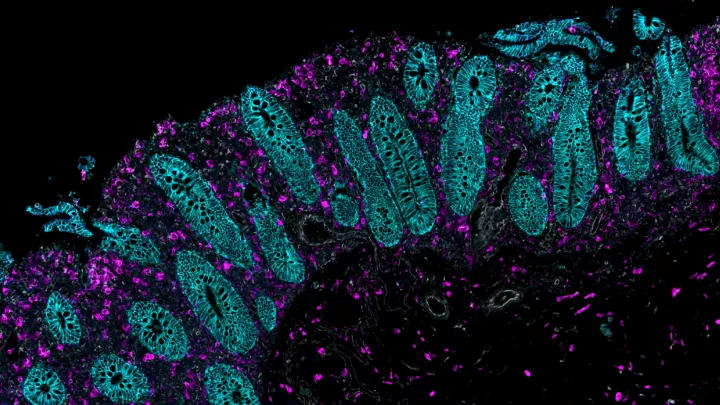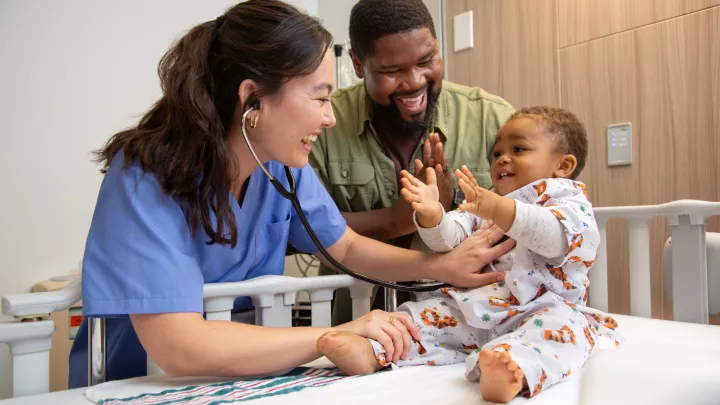Gastrointestinal Endoscopy

Children's Hospital Los Angeles offers the latest techniques and technology available for performing diagnostic and therapeutic gastrointestinal endoscopies for a variety of conditions, including pediatric pancreatic and biliary diseases.
Our skilled pediatric gastroenterologists perform more than 1,200 endoscopic procedures annually and specialize in endoscopic ultrasound, endoscopic retrograde cholangiopancreatography and deep small bowel enteroscopy.
Endoscopy Procedures
During an endoscopic procedure, a flexible tube with a lighted end (endoscope) is used to obtain clear images of the lining of the gastrointestinal (GI) tract. Gastroenterology offers the following procedures and technology to help diagnose and treat a variety of conditions and illnesses, including ulcers, inflammation and polyps:
- Diagnostic upper endoscopy
- Diagnostic colonoscopy and sigmoidoscopy
- Endoscopic control of intestinal bleeding
- Placement of feeding gastrostomy tubes
- Esophageal dilatation
- Double-balloon enteroscopy (DBE): Allows complete examination of the small bowel to help manage small bowel diseases, such as Crohn’s disease and celiac disease
- Endoscopic retrograde cholangiopancreatography (ERCP): Helps diagnose conditions affecting the bile ducts, gallbladder and pancreas
- Endoscopic ultrasound (EUS): Obtains high-quality images of organs inside the body to evaluate and treat pancreatico-biliary diseases, such as chronic pancreatitis and choledocholithiasis
Upper Endoscopy
What Is an Upper Endoscopy?
An upper endoscopy is also called an anesophagogastroduodenoscopy or EGD. It is a test that allows the doctor to look directly into the esophagus, stomach and upper small intestine with an endoscope. A few very small tissue samples may be taken for further review.
Reasons a Child May Need an Upper Endoscopy
Some of the reasons an upper endoscopy may be recommended include:
- Vomiting
- Trouble swallowing
- Trouble growing
- Diarrhea
- Stomach pain
- Taking out food, coins or other things that get stuck in the digestive tract
Colonoscopy
What Is a Colonoscopy?
During a colonoscopy, the doctor looks directly into the last part of the intestines with an endoscope. A few very small tissue samples may be taken for further review.
Reasons a Child May Need a Colonoscopy
Some of the reasons a colonoscopy may be recommended include:
- Blood in the stool
- Diarrhea
- Stomach pain
- Bottom pain
What Happens Before and After These Tests?
Upper Endoscopy
Before the Test
On the morning of the test, your child should not eat or drink anything because this can cause problems with the sleep medicine administered before testing.
After the Test
Your doctor may have images to show you and will indicate if there are any medicines your child should take. Once the child can drink well, he or she will be able to eat again and go home.
Colonoscopy
Before the Test
The child is given oral medicines to flush out the entire stool. Your child will also need to drink lots of clear fluids. It is important that during this time he or she does not eat any food.
On the morning of the test, your child is not supposed to eat or drink anything, as this can cause problems with the sleep medication administered before the test. Your nurse or doctor will tell you when your child should stop eating and start the medicines.
After the Test
Your doctor may have pictures of your child’s intestine to show you and will indicate if there are any medicines your child should take. Once the child can drink well, he or she will be able to eat again and go home. Some children will feel a bit sick after the test.


